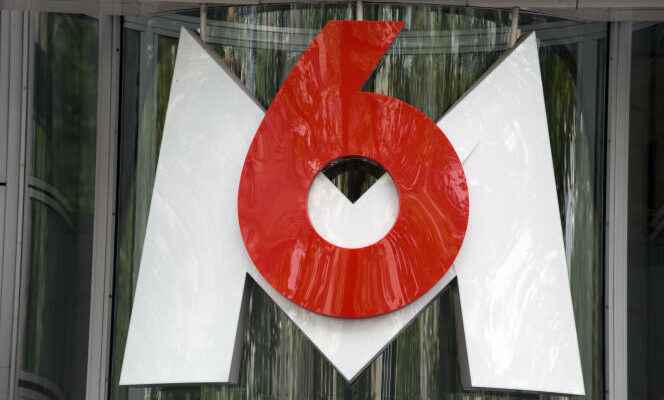Since the summer, they no longer held any illusions. But as long as the mass was not said, they kept a very small hope of succeeding. Eighteen months after launching the process, TF1 and M6 have finally given up on their marriage.
“This decision comes after the hearing of the parties by the college of the Autorité de la concurrence [ADLC] September 5 and 6 », indicated Bouygues and RTL Group on Friday, September 16, after the stock market closed. During these two decisive days, the parties had reiterated the commitments they were ready to make to meet the Authority’s requirements – such as keeping separate advertising agencies. The opponents of this union, they had repeated their fears as to the consequences of the operation: an ultra-dominant position on the television audience (more than 40%) and the advertising market (71% would have been in their hands ), threats to the diversity of audiovisual production (40% between them) and market prices, etc.
After having listened to them, the members of the college of the ADLC apparently shared the conclusion drawn by the services of the institution at the end of the 400-page investigation report submitted during the summer: to be authorized, the merger should see the future entity divest itself of TF1 or M6. A remedy which the parties had never concealed except from their eyes, it would empty the operation of its meaning. Also, when, on Friday morning, Benoît Cœuré telephoned Thomas Rabe, the boss of Bertelsmann, and Olivier Roussat, that of Bouygues, to reiterate this sine qua non condition, the two groups considered that they had no no choice but to throw in the towel.
Lobbying Bruno Le Maire
“It was tantamount to refusing us”, translates one of the negotiators of the operation, who deplores that “we judge these cases with the eyes of the past”. Indeed, since the beginning of the project, RTL and Bouygues have pleaded for a review of the definition of “relevant market” television advertising, by adding digital advertising, and more particularly that of video on the Internet, which, according to them, has become a direct competitor. Thus, according to their calculation, their market share would have fallen below the 50% mark, a much more acceptable rate for the competition policeman. The ace. “The evolution of uses noted following the in-depth examination of this operation does not allow us to consider that television advertising and online advertising are sufficiently substitutable from the point of view of advertisers”, decided the Authority in the press release published Friday evening, in which it “take note” of Bouygues’ decision to stop the costs.
You have 53.13% of this article left to read. The following is for subscribers only.
